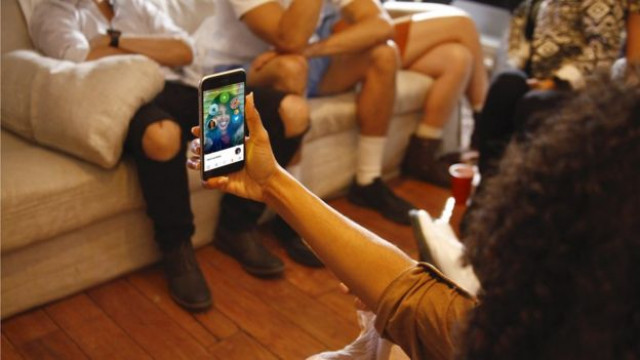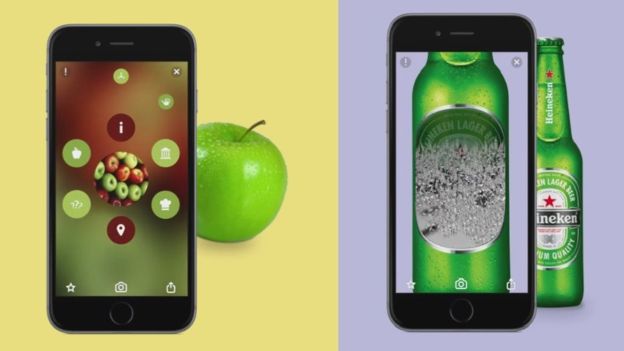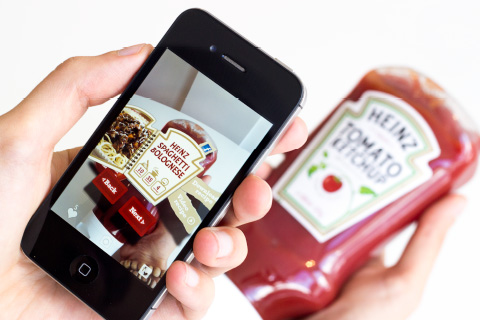End of anonymity? This app can identify people by scanning their faces
Creepy or useful?

PHOTO: BLIPPAR
A British augmented reality startup has developed a technology that can identify a person by scanning their face. Blippar has added a feature to its app that allows users to point their phone's camera at a person to reveal their identity, provided it exists on its database. The company decided to add the feature on public demand. People usually use the app to scan and identify real-world objects such as food and buildings.
 PHOTO: BLIPPAR
PHOTO: BLIPPARThe feature went live on Monday with a 70,000 public figures such as politicians, musicians and sports personalities saved in its database. Soon, users will also be able to add their own faces to the app’s database by scanning it from different angles.
17 mouthwatering barbecue pictures for all the foodies out there
How it works
Imagine you come across a celebrity one fine day but fail to recollect their name or are not too sure whether they are really who you suspect them to be. With the app, simply point your phone at them and find out. Whether this method is creepier than the more embarrassing option of simply asking them is up for debate but it surely is an efficient way to identify people. The app's accuracy is said to be near foolproof.
Watch the world around you come to life like never before. #DiscoverMore with Blippar app https://t.co/MNX3uA8PUu
— Blippar (@blippar) June 9, 2016
Blippar has emphasised that faces will be only be added if with users' consent, so people can not be added to the app’s database against their will. The aforementioned 70,000 public figures can remove themselves should they wish.
"It’s very clear what you’re signing up to and what you’re doing," Blippar's chief technology officer Omar Tayeb said.
Ambarish Mitra, Blippar's chief executive, said, "This is a new, unique and fun way of showing who you are and of learning more about others.”
However, the feature has already been rapped in connection with privacy concerns.
 PHOTO: BLIPPAR
PHOTO: BLIPPARFrederike Kaltheuner, policy officer at Privacy International, told the London Evening Standard that “Putting real-time facial recognition technology into the hands of everyone is not just creepy — it is a step towards the complete erosion of anonymity in public space."
Earlier, Google Glass banned facial recognition apps amid similar privacy concerns.
This is Instagram's most followed celebrity
Tayeb, however, argued that features that reportedly invade privacy such as location tracking were already a key feature of smartphones.
This article originally appeared in The Telegraph.



















COMMENTS
Comments are moderated and generally will be posted if they are on-topic and not abusive.
For more information, please see our Comments FAQ